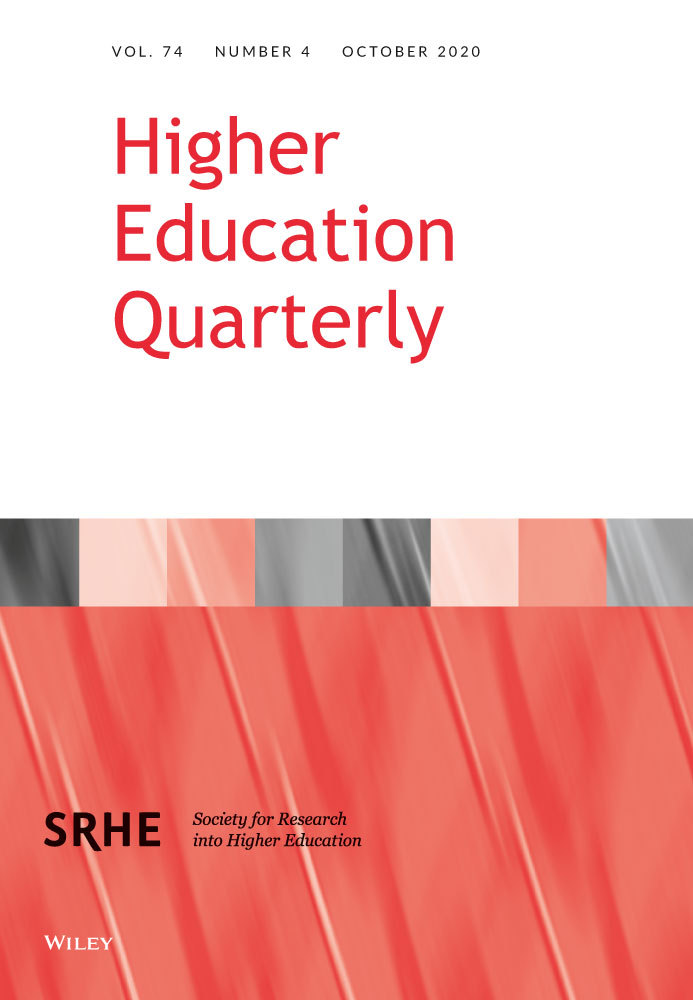De-bureaucratising organisational culture at a public university: A mixed-method study of the implementation of a liberal arts programme
Abstract
enThis article explores how public higher education institutions may design and implement new study programmes based on an example of a liberal arts programme adopted recently at a Polish university. Using a mixed-method approach (actor analysis, ethnographic thick description, and discourse and rhetorical analysis of communications), we approach the data to trace the processes of negotiating and implementing the programme innovation. The study identifies which aspects of organisational design and organisational culture facilitate curricular innovations in the context of a public university in order to offer evidence-based recommendations for innovation managers. Of special interest here are (1) relations of power and responsibility (leadership styles) that are conducive to institutional innovations, (2) (in)formal norms and communication practices of effective teamwork and organisational culture, and (3) discursive patterns that spawn innovative solutions that bring about institutional changes. The analysis offers an insight into the specific processes involved in the de-bureaucratising of public universities and reframing their organisational culture to resemble a ‘learning organisation’ that allows a continual renewal of its structures and communication routines, with the support of adequate managerial practices.
Abstrakt
plArtykuł przedstawia analizę procesu zaprojektowania i zaimplementowania nowego programu studiów Liberal Arts w polskiej uczelni publicznej. Studium implementacji tego innowacyjnego rozwiązania zostało oparte na różnych metodach badawczych, jak analiza sieci aktorów, analiza dyskursu i etnografia. W artykule zidentyfikowano aspekty kultury organizacyjnej uczelni publicznej ułatwiające wprowadzenie nowego programu studiów. Analiza dotyczyła trzech płaszczyzn funkcjonowania uczelni jako organizacji „uczącej się”: (1) relacji władzy i odpowiedzialności (styl przywództwa) podczas kreowania innowacji instytucjonalnej, (2) (nie)formalnych norm i praktyk komunikacyjnych zapewniających ewolucję kulturze organizacyjnej w kierunku efektywnej pracy zespołowej, (3) wzorów praktyk dyskursywnych prowadzących do zmian instytucjonalnych w oparciu o innowacyjne rozwiązania. Badanie wskazuje procesy wynikające z dążenia do odbiurokratyzowania kultury organizacyjnej uczelni publicznej i rekomenduje odpowiednie praktyki zarządzania innowacjami.




